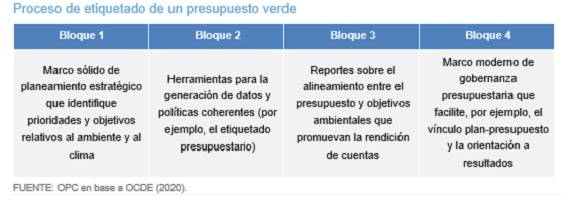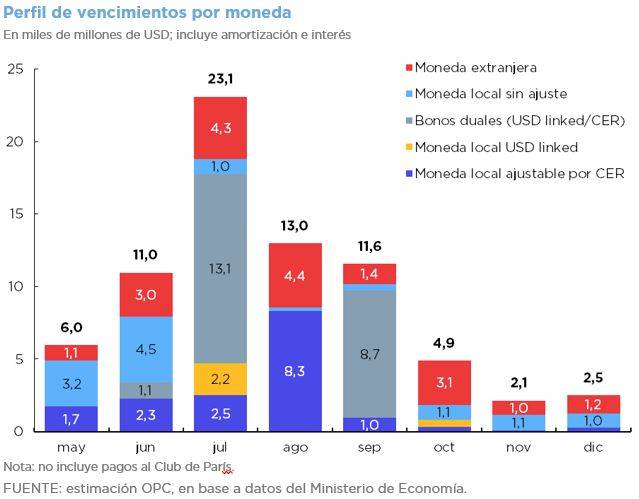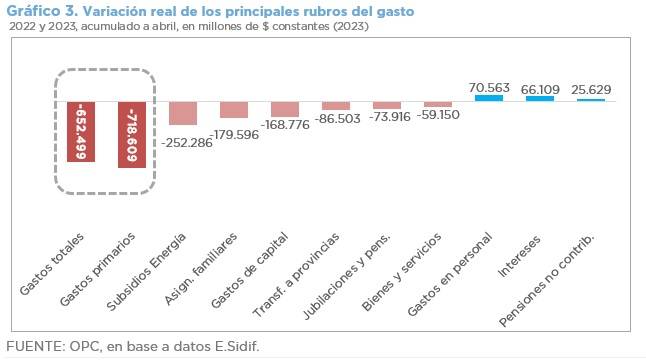
RESEARCH PAPER: BUDGET IDENTIFICATION OF CLIMATE CHANGE
Climate change budget tagging is being used in Chile, Colombia, Ecuador, Honduras, Mexico, and Nicaragua, and a first technical approach was made in Argentina in 2022. This tool helps to track spending, articulate policies with resource allocation and design and monitor the issuance of green bonds.
- There are different methodological proposals in the world and some of them could be a substantive complement to the traditional budget.
- There is no global consensus on the definition of revenues and expenditures related to the environment and climate, especially in terms of budget classifiers.
- The IDB proposes to assess the contribution to “mitigation” or “adaptation” of five sectors: energy, environment, agriculture, transportation, and risk management.
- Indonesia was the first country to use budget tagging as a basis for issuing a sovereign green bond.
- France is required to report to the Legislative Branch on the impact of the budget on climate change and is the only one to tag expenditures with negative environmental impact.





